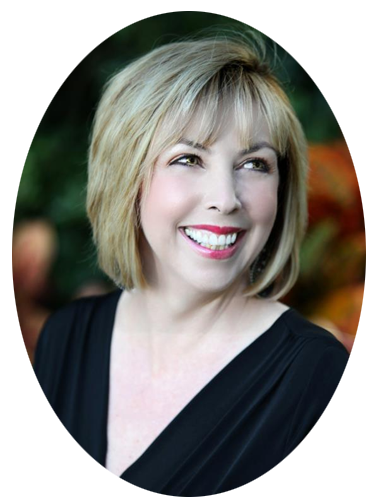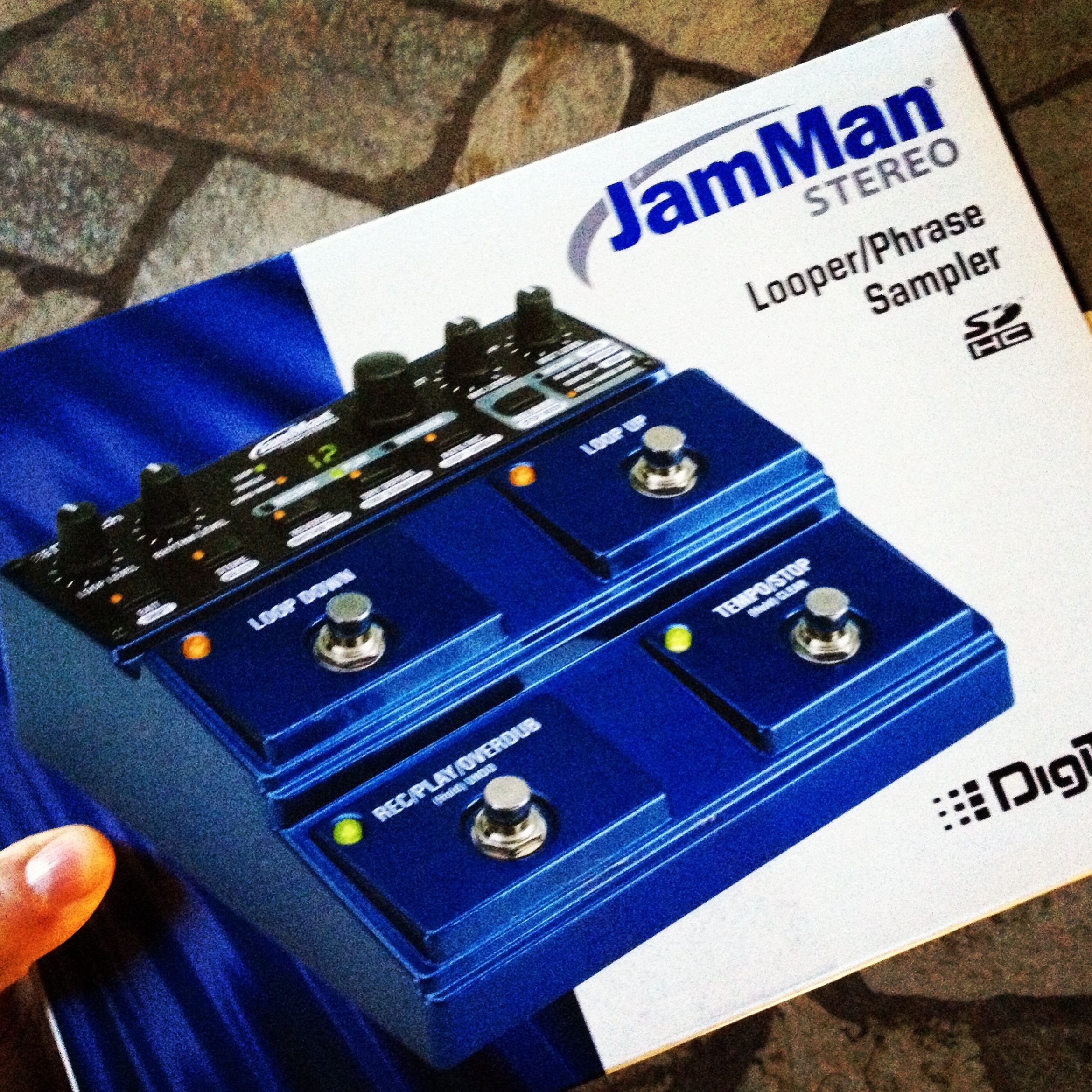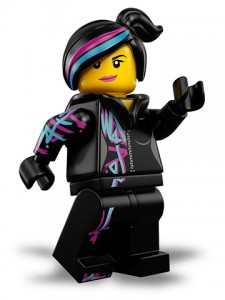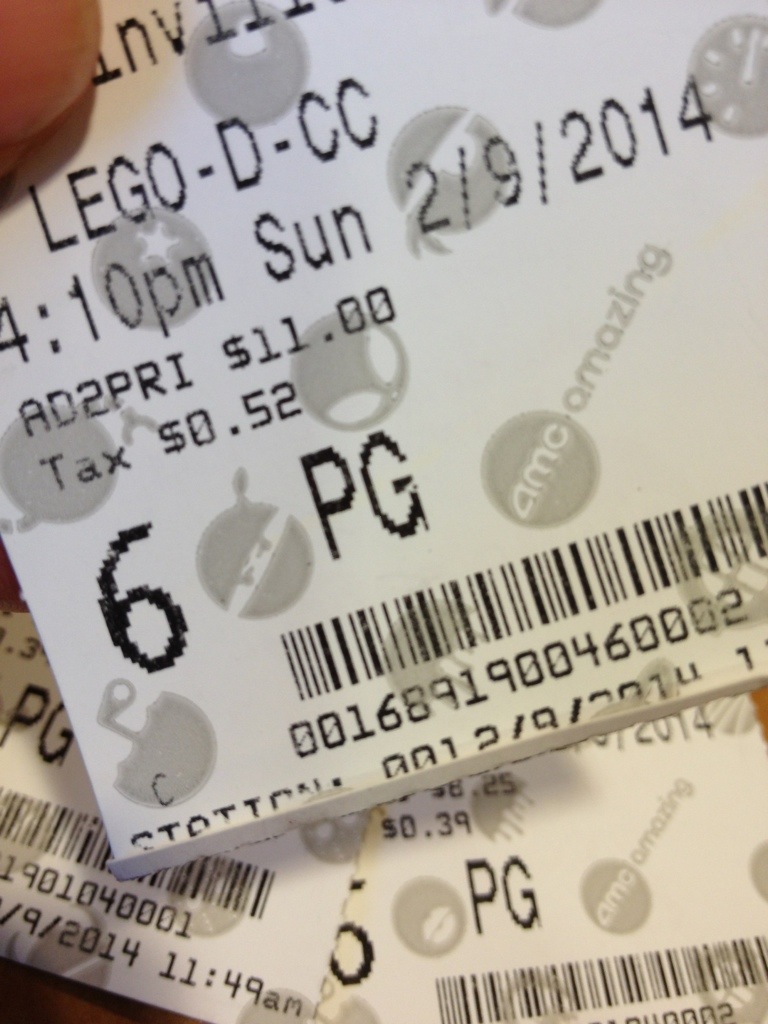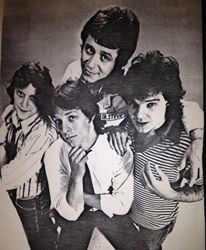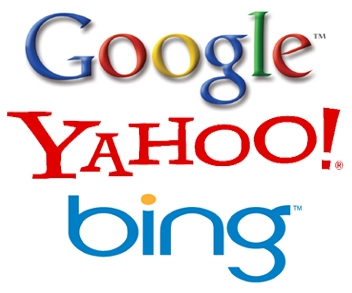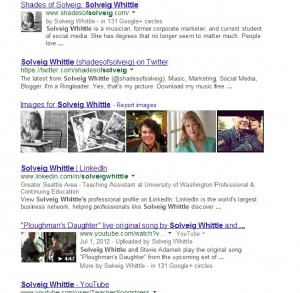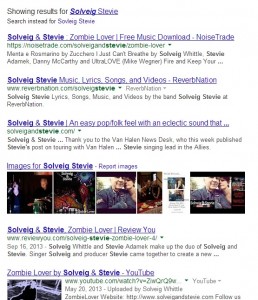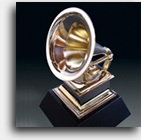Every Friday morning, I walk my dog and record a podcast about music, music marketing and whatever is on my mind that week.
In this week’s 19 minute episode, I talk about two things:
- Concert Window, a streaming performance platform for musicians much like StageIt, which I reviewed a number of months ago, and
- tips and tricks from Kim Garst for using Facebook to promote your music – without paying for advertising.
Look for a more in-depth review of Concert Window, including an interview with musician and songwriter Alex Winters, in a later longer blog post form on my website. In today’s podcast, I cover an overview of what Concert Windows is and a few of the features that stand out to me to differentiate Concert Window from StageIt.
The majority of today’s podcast discussion comes from a free ebook available from social media consultant, Kim Garst of Boom Social, entitled “9 Ingredients For Dominating Facebook’s News Feed… Without Giving Them a Penny… Shhhh”. I love Kim’s blog posts about Facebook marketing. She does research and shows examples of her experiments with her own Facebook page, and she also works with clients, so she focuses on real life data and situations.
Frankly, there is also something perverse in me that enjoys the idea of sharing Kim’s tips on using Facebook WITHOUT paying for advertising. Plus, the meta-lesson here is that or order for you to download her ebook, her landing page is, well…. on Facebook! She’s using her own marketing principles to drive traffic to her Facebook page for free. Smart.
In last week’s podcast, I highlighted an article from Social Media Today about why it may be smart to ignore Facebook as part of your social media strategy, or at least why you should only consider it as part of your integrated marketing plan for your music.
As a social media marketer, I remain professionally ambivalent about Facebook, to say the least. I enjoy using it personally, but I hate it as a marketer, and I don’t respect the way the company treats its customers. And it also scares me a bit how much personal data Facebook collects online.
[Tweet “”I remain professionally ambivalent about Facebook””]
I cannot, however, in good conscience, suggest to musicians that they completely ignore Facebook as a marketing tool. However, with
- 1.26 billion users worldwide
- 757 active daily users
- 138 million active daily users in the US alone
you can’t ignore the fact that
[Tweet “Facebook is the dominant social media platform on the planet,”]
Listen to my podcast to hear Kim’s 9 tips and tricks for maximizing engagement with your Facebook fans and see how you can make the most of Facebook to market your music – without paying for advertising.

